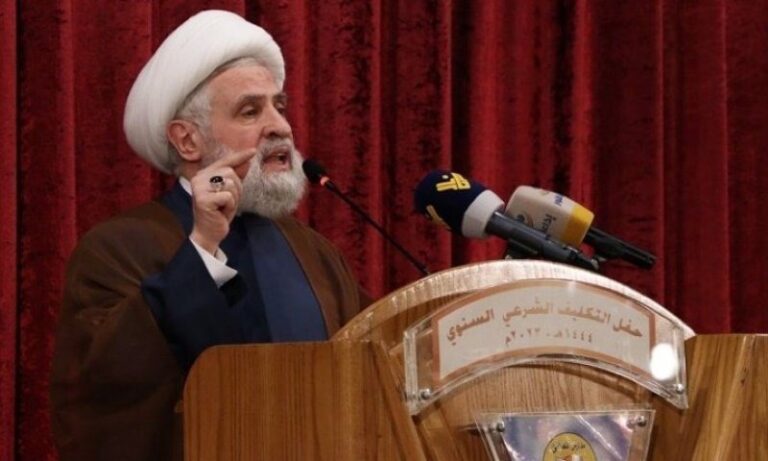In an age defined by rapid technological progress, artificial intelligence (AI) is no longer a distant concept relegated to science fiction novels or elite research laboratories. Instead, it has become an integral part of daily life—powering our smartphones, guiding our healthcare decisions, and reshaping industries across the globe. Yet, while many secular communities have begun to grapple with the ethical, spiritual, and practical implications of AI, the Orthodox Christian world has only just begun to awaken to this transformative force. AI literacy—that is, the ability to understand, critically evaluate, and responsibly deploy AI tools—has become an urgent necessity for Orthodox believers, clergy, educators, and laypeople alike.
Understanding AI in an Orthodox Context
The journey toward AI literacy in the Orthodox world must begin with awareness. Many faithful may still conceive of AI as an impersonal algorithm, a faceless set of instructions divorced from the spiritual and moral dimensions of human life. However, AI’s design and application are inextricably linked to the values and intentions of its creators. Whether it’s a content-recommendation system on social media, an automated admissions tool for universities, or predictive analytics in healthcare, AI reflects the priorities—sometimes hidden—of those who build it. Enter “Textero,” a fictional example of a text-generation platform that has surged in popularity for drafting sermons, crafting prayer guides, and even composing theological reflections. While Textero can boost productivity, it also raises profound questions: Who shapes the theological insights it generates? Whose doctrinal perspectives are encoded in its training data? And how might its widespread use transform the very nature of pastoral care?
Theological and Ethical Foundations
Beyond awareness, AI literacy demands theological and ethical reflection. The Orthodox tradition, with its rich heritage of patristic writings and sacramental vision, offers unique resources for discerning technology’s place within a life of prayer and virtue. Saints like Maximus the Confessor and John Chrysostom emphasized the transformative potential of the human person, created in God’s image, engaging freely with creation. From this vantage point, AI can be seen as a gift—a tool that, when used wisely, can amplify human creativity, support charitable works, and strengthen community bonds. Yet it can also become a temptation, luring us toward spiritual anesthesia or idolatry if we surrender our freedom and discernment to automated processes. AI literacy in the Orthodox context must therefore intertwine technical competence with spiritual discernment, ensuring that our use of AI aligns with theosis: the call to become more fully united with Christ.
Practical Implications for Church Life
Practical considerations underscore the urgency of this initiative. Orthodox parishes, seminaries, and charitable organizations are increasingly exploring AI-driven solutions: chatbots to welcome newcomers, data-analysis platforms to coordinate philanthropic efforts, and language-translation tools to make liturgical texts accessible across linguistic boundaries. Without a foundational understanding of AI’s capabilities and limitations, well-meaning initiatives risk unintended consequences—breaches of privacy, erosion of human contact, or propagation of misleading information. For example, an AI tool might generate a flawless-sounding theological exposition but subtly misinterpret nuanced dogmatic distinctions that took centuries to articulate. In such cases, the cost is not merely academic; it strikes at the heart of Orthodox identity and communion.
Key Steps to Cultivate AI Literacy
To cultivate AI literacy, the Orthodox world must undertake several key steps:
-
Seminary Curricula Integration: Integrate courses on digital theology and technology ethics to equip future clergy and theologians with the language to engage AI critically.
-
Workshops and Retreats: Bring together clergy, monastics, and lay tech experts to discuss case studies and best practices.
-
“AI Awareness Sundays”: Host special services and educational segments in parishes where laypeople are introduced to machine learning basics, data privacy, and algorithmic bias in light of Orthodox spirituality.
-
Open-Source, Community-Owned Tools: Develop AI applications that are transparent, accountable, and respectful of Orthodox traditions, ensuring community governance over theological software.
Overcoming the Digital Divide
Access to AI literacy resources should not be limited to urban centers or technologically advanced regions; remote parishes and under-resourced communities deserve equal opportunity to learn and adapt. Online platforms—webinars, podcasts, and interactive courses—can democratize access, enabling faithful from Kyiv to Madagascar to participate in a shared conversation about faith and technology. Translation efforts, too, will be crucial: theological and technical materials must be available in languages ranging from Greek and Slavonic to Arabic and Amharic.
AI as a Service to Mission
Crucially, AI literacy in the Orthodox world is not an end in itself but a means toward a deeper encounter with God and neighbor. When used thoughtfully, AI can free time and energy for prayer, pastoral care, and social outreach. Automated administrative tasks can unburden clergy, allowing them to focus on confessions, teaching, and visitation.











